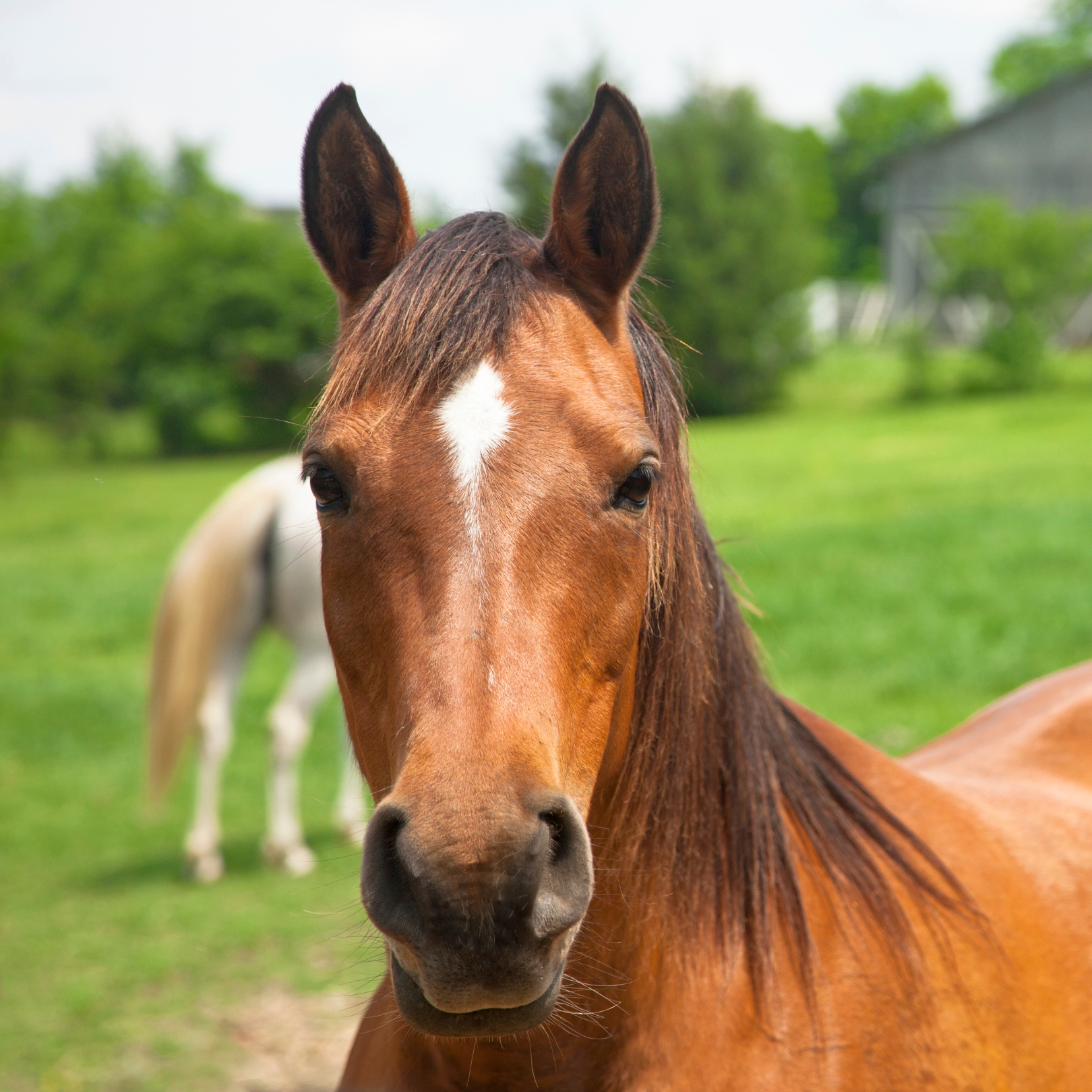What is Coggins, and why is it so important?
Coggins is a blood test for a potentially fatal viral disease called Equine Infectious Anemia (EIA). In the 1970’s, 4% of the U.S. equine population tested was found to be positive for EIA. Thanks to cooperative control efforts, the incidence in the tested population has since been reduced to 0.004%. Despite the very small percentage, the risk of EIA is not negligible. Over 50% of positive horses annually are found in Texas (58 horses in Texas in 2021).
It is spread by biting flies (horse flies, deer flies, stable flies) over short distances but can also be spread by exposure to infected blood or blood products such as contaminated surgical instruments or re-use of needles, syringes, IV lines, etc.… Mares can transmit the virus to foals in utero as well. Transmission through milk and semen is least likely.
The Coggins test is often performed annually at the time of vaccines. It is common knowledge that it is required for interstate travel and entry into most showgrounds and boarding facilities.
In the U.S., the majority of EIA cases identified are chronic carriers and show no clinical signs. Clinical signs in the acute phase can vary dramatically, from a fever or several days duration to progressive lethargy, inappetence, elevated respiration rate, anemia, jaundice, and/or hemorrhage. Fatalities are uncommon but possible. It is important to note that THERE IS NO TREATMENT FOR EIA. Horses that survive the acute phase remain lifelong carriers of the virus and, thus, pose a risk to other horses. Positive horses must either be permanently quarantined (at least 200 yards from other horses) or euthanized.
majority of EIA cases identified are chronic carriers and show no clinical signs. Clinical signs in the acute phase can vary dramatically, from a fever or several days duration to progressive lethargy, inappetence, elevated respiration rate, anemia, jaundice, and/or hemorrhage. Fatalities are uncommon but possible. It is important to note that THERE IS NO TREATMENT FOR EIA. Horses that survive the acute phase remain lifelong carriers of the virus and, thus, pose a risk to other horses. Positive horses must either be permanently quarantined (at least 200 yards from other horses) or euthanized.
There is no vaccine against EIA. The best prevention is through biosecurity, surveillance, and testing.
At our office, we offer both Digital and ELISA coggins. Digital Coggins will have results in 10-14 business days, and the ELISA Coggins should return within 48 hours. The most common of the two is the Digital Coggins. The ELISA Coggins is often more expensive due to its quick return. These tests require a blood sample that is drawn by a licensed Veterinarian. These tests are sent to a state-accredited lab for analysis. The test is designed to detect the EIA antibody, which is only present in horses that have had the EIA virus. They will provide either a positive (antibody is present) or negative (antibody is not present) results back to our office. This will be returned to us in the form of a Coggins certificate that we will either email or mail for your records. The test results expire one year from the date of testing.
Additional information we will need for a Coggins certificate:
- The current address where the horse stays
- Owner's name and address
- Registered name (barn name)
- Color
- Gender
- Age
- Breed
- Any Brands or markings (blaze, socks... etc.)
- microchip or registration number.
- We will also need to take clear pictures of your horse from 3 angles ( full left side, full right side, and full face)